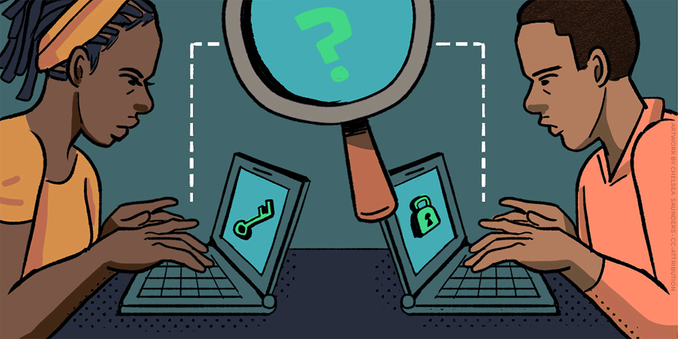"At least Florida’s SB 868/HB 743, “Social Media Use By Minors” bill isn’t beating around the bush when it states that it would require “social media platforms to provide a mechanism to decrypt end-to-end encryption when law enforcement obtains a subpoena.” Usually these sorts of sweeping mandates are hidden behind smoke and mirrors, but this time it’s out in the open: Florida wants a backdoor into any end-to-end encrypted social media platforms that allow accounts for minors. This would likely lead to companies not offering end-to-end encryption to minors at all, making them less safe online.
Encryption is the best tool we have to protect our communication online. It’s just as important for young people as it is for everyone else, and the idea that Florida can “protect” minors by making them less safe is dangerous and dumb.
The bill is not only privacy-invasive, it’s also asking for the impossible."










